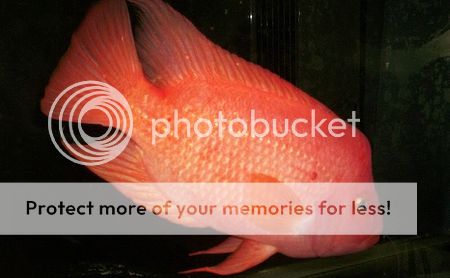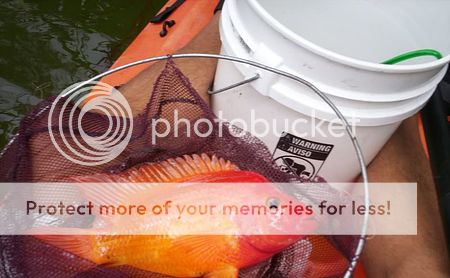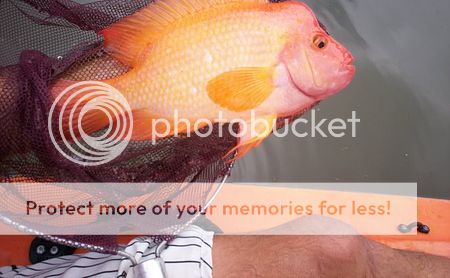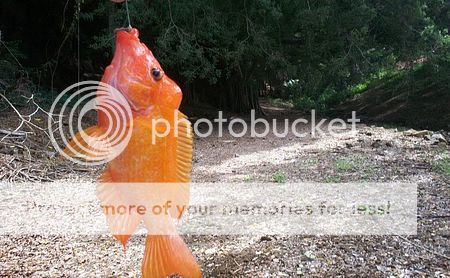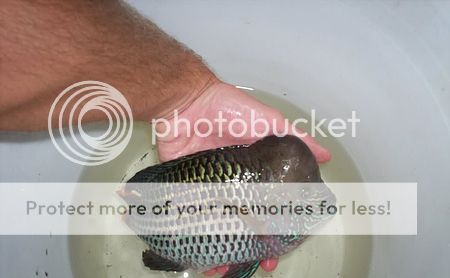master chi
Member
I recently started watching a youtube channel. Monster Mike Fishing. This dude is fishing everyday in Florida. i am amazed to see him catch Midas,Oscars,Peacock Bass,and Enormous Plecos on the regular. Seemingly without even trying. He even dropped a line into a streetside drain and caught a cichlid. Cichlid keepers in Wa don't get to be so lucky. I'm not sure of the laws there. But these fish are likely invasive. so catching and bringing home might be allowed. Just funny I guess.
